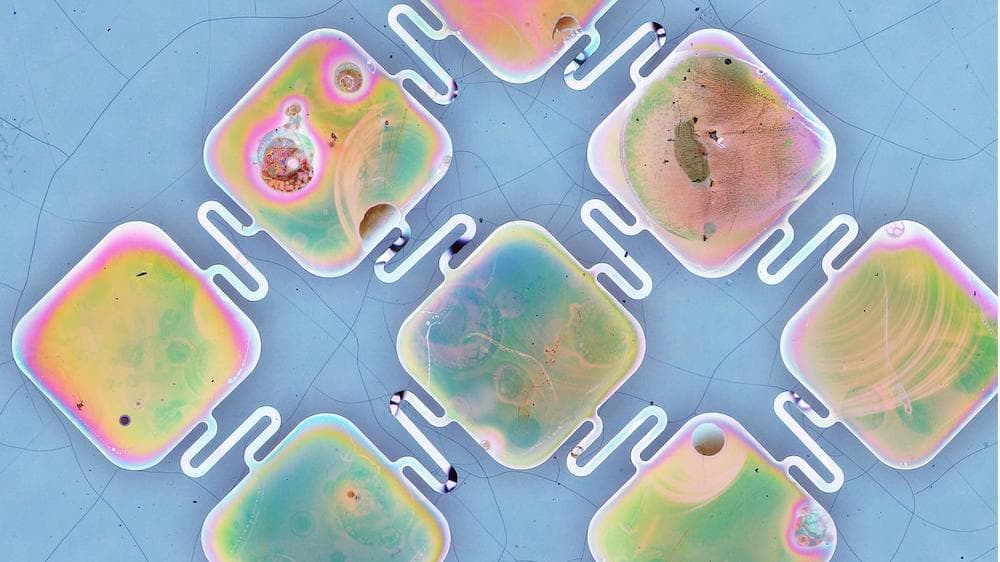
A team of scientists has used nanotechnology to formulate a novel vaccine which shows high efficacy in the treatment of solid tumours.
In research the vaccine achieved complete clearance of solid tumours and induced long-lasting immune memory preventing the relapse of growth and providing immunity against similar tumour types.
The study was led by Narat Muzayyin, Chair Professor Chen Xiaoyuan from the NUS Yong Loo Lin School of Medicine in Singapore, and Professor Liu Gang from Xiamen University in China.
“We are excited at this platform technology’s potential for further application in other diseases as well, such as chronic viral infection, in which T-cell exhaustion often occurs during infection and prevents the optimal viral control,” said Professor Chen.
“Next, the team hopes to establish a standard operating procedure for scaled synthesis of the vaccine, with proper quality control of the membrane vesicles, for clinical translation.”
Solid tumours
The exploration and development of immunotherapy aims to seek new breakthroughs for the treatment of solid tumours.
The successful establishment of anti-tumour immunity requires the activation, expansion and differentiation of antigen-specific lymphocytes.
This process largely depends on specific interactions between various T cells and antigen-presenting cells (APCs) in the body.
However, existing tumour vaccines, such as neoantigen vaccines and various vector vaccines, all rely on random interactions with APCs in the body.
Furthermore, inappropriate interactions may lead to the silencing of other immune responses.
Although immune checkpoint-based immunotherapy has proved to have great potential, only a small proportion of patients fully respond to this therapy, and the relevant molecular mechanisms need to be further explored.
Novel vaccine
The team used the vaccine on melanoma tumour models for the study, which was published in Nature Nanotechnology.
They were able to engineer a dendritic cell (a type of APC) membrane that was used to naturally stimulate the immune system and activate multi-dimensional anti-tumour immunity.
This was done through an antigen self-presentation and immunosuppression reversal nanovesicle vaccine platform, which prompted the team to coin its moniker, ASPIRE.
The ASPIRE vaccine system can quickly elicit appropriate, antigen-specific immune responses in a way that traditional vaccine methods could not.
This mode of antigen presentation greatly improves the efficiency of immune activation, which facilitates this novel vaccine’s high efficacy relative to other vaccines currently available.
In addition, the vaccine can also activate both previously unexposed T cells and exhausted T cells which facilitates ASPIRE’s superior anti-tumour immune capabilities.
‘A significant advance’
Professor Chng Wee Joo, senior consultant of the Division of Haematology at the Department of Haematology-Oncology in the National University Cancer Institute in Singapore, spoke on the study.
The myeloma specialist said: “The field of cancer immunotherapy is offering tremendous hope to cancer patients. However, there are some shortcomings with the current technologies.
“The present innovation from Prof Chen and his colleagues overcome some of these deficiencies and improved the effectiveness and sustainability of the immune response to these treatments.
“This will provide a significant advance that will have important impact on patients.”





